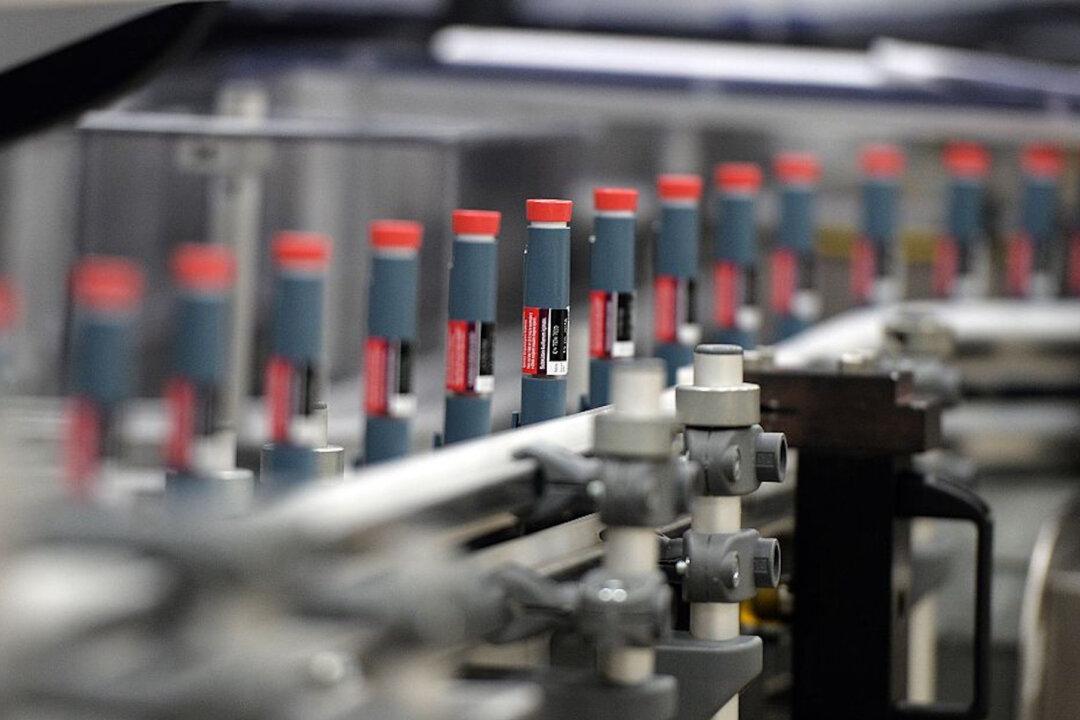Sen. Tom Cotton (R-Ark.) and Rep. Mike Gallagher (R-Wis.) announced plans to introduce a bill to reduce U.S. dependence on China manufacturing of pharmaceuticals.
Called the Protecting our Pharmaceutical Supply Chain from China Act, it is to be introduced on March 19, according to a release.





